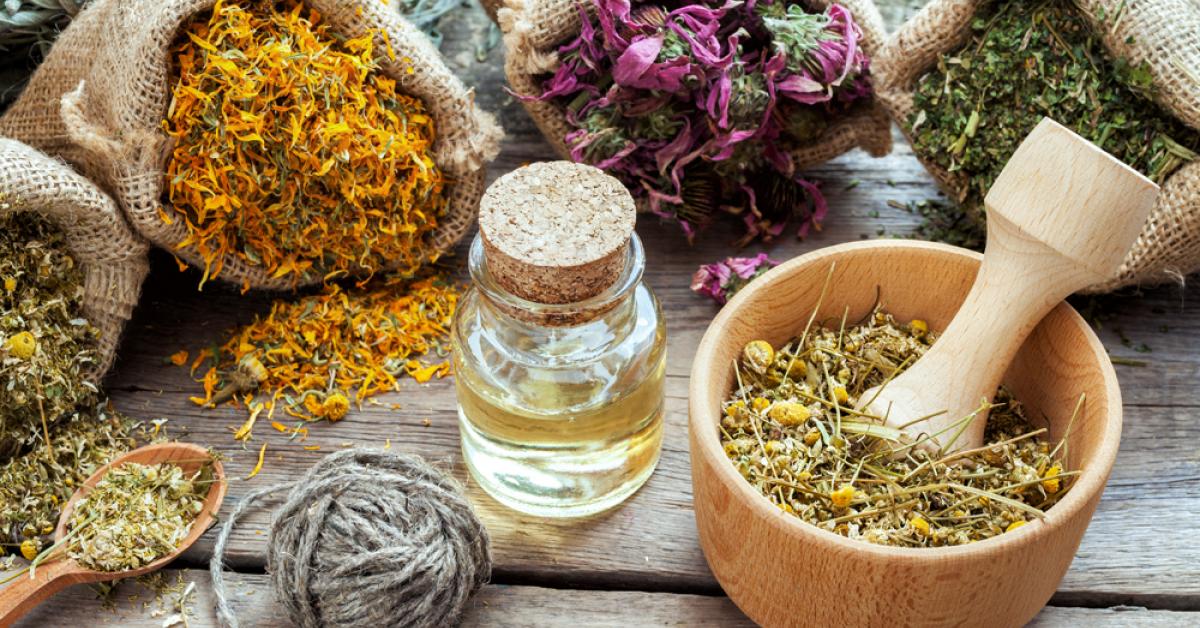
A Brief History of Botanicals
Mushrooms, adaptogens, and herbal remedies of all sorts are gaining in popularity. The use of botanicals for wellness purposes may seem like the latest new health trend, but it has a rich legacy dating back thousands of years. As humans have evolved and innovated, so has our understanding and use of herbal remedies.
The oldest written evidence of botanicals being used is approximately 50000 years old. It was discovered on a Sumerian clay slab that included 12 recipes for drug preparation, listing over 250 different plants as ingredients. Archeological studies have also shown that herbal medicine practices date as far back as 60,000 years ago in Iraq and 8,000 years ago in China.
Traditional Chinese medicine is something commonly referenced in botanical health circles because China in particular has one of the world’s oldest medical systems. Chinese herbal formulas are typically made with herbs in combination with others instead of individually. The belief is that each herb serves a different purpose in helping the body achieve harmony. And the blends work synergistically to enhance the function, making it more effective than single herb remedies.
Although TCM is widely recognized, the use of botanicals to promote a healthy lifestyle is not limited to any one culture or region. Countries with ancient civilizations like India, South America, and Egypt are still using them. They have also been embraced by European countries, as well as in North America and Australia. According to the World Health Organization (WHO), 60% of the world’s population relies on herbal medicine and about 80% of the population in developing countries nearly depend on it fully.
According to the WHO, trade in medicinal plants, herbal raw materials, and herbal drugs is growing annually at a rate of about 15%. Botanicals have seen a resurgence in popularity because many believe that all-natural products are safe, less expensive, and more accessible. As always, consult with a doctor before starting any herbal supplement or making changes to your diet.
Sources:
https://www.ncbi.nlm.nih.gov/pmc/articles/PMC3358962/
https://www.ncbi.nlm.nih.gov/pmc/articles/PMC3887317/
https://www.britannica.com/science/traditional-Chinese-medicine/Herbal-therapy

